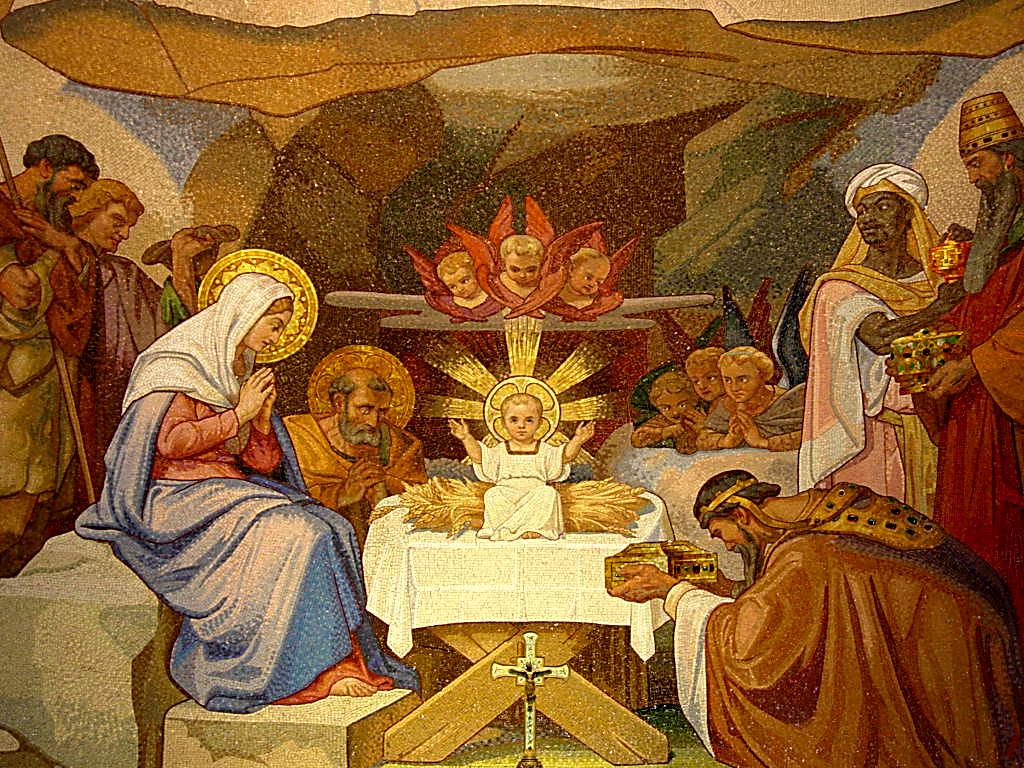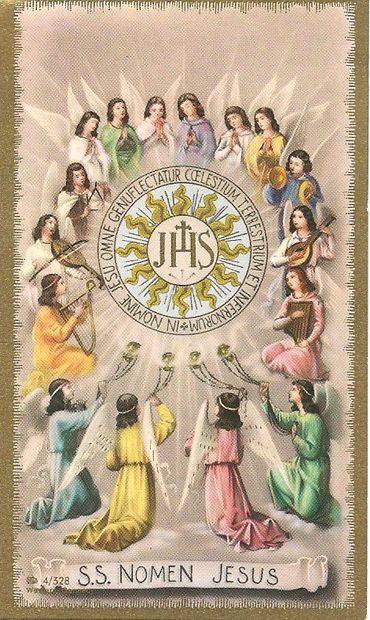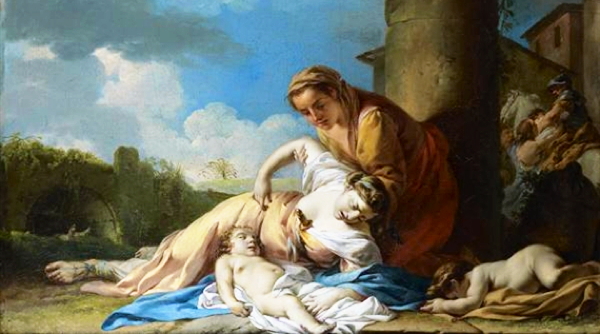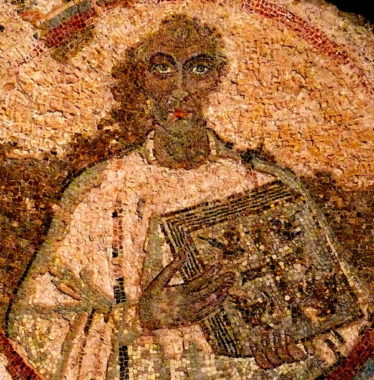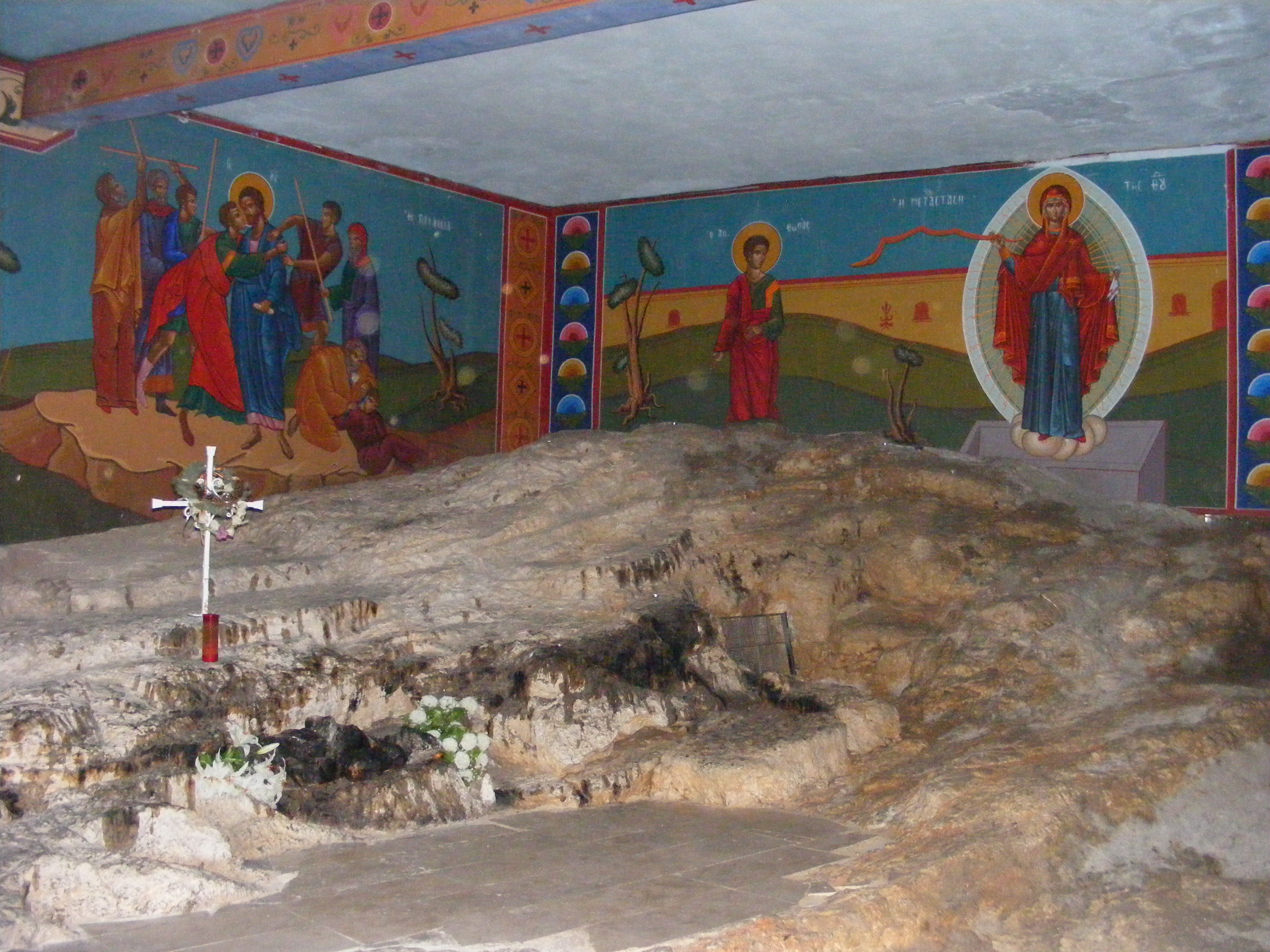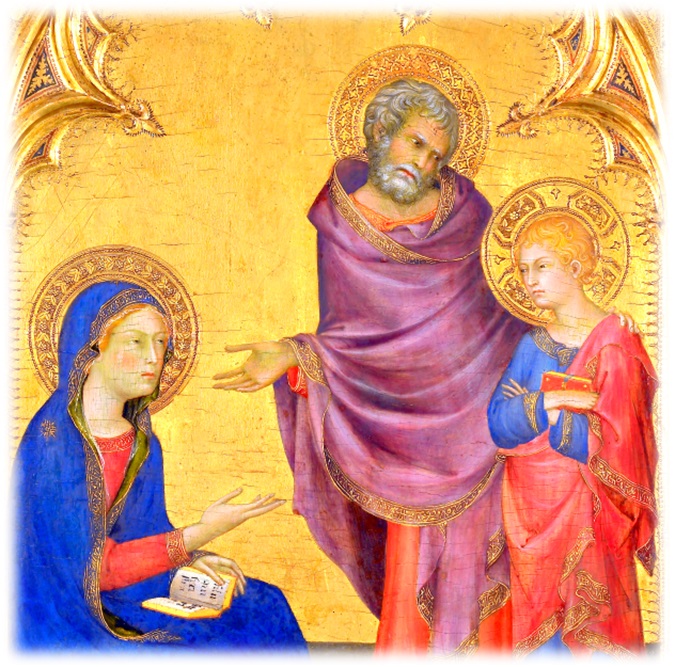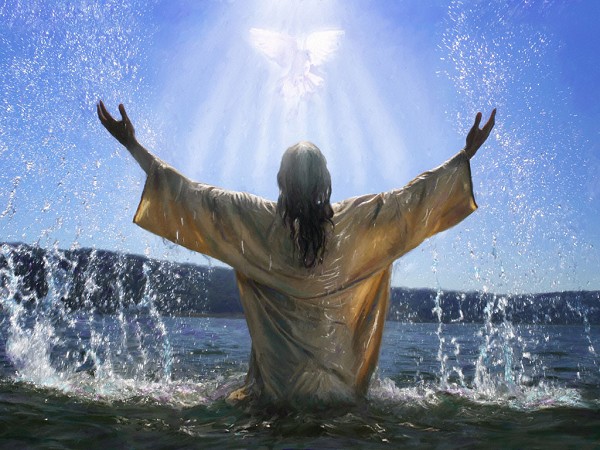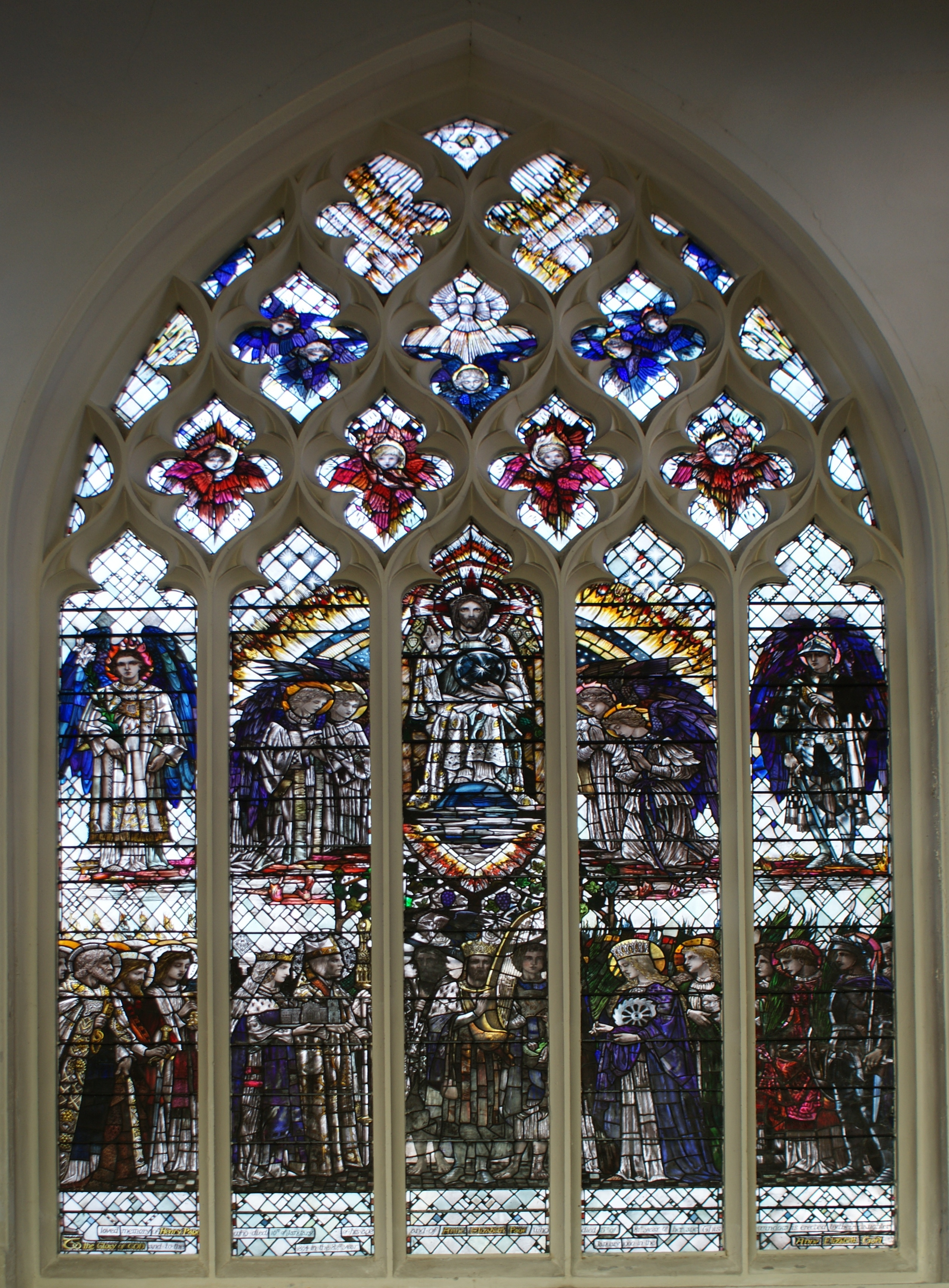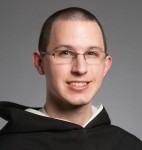-by Rev Gabriel of St Mary Magdalen, OCD, Divine Intimacy, Baronius Press, (c) 1964
Presence of God – I recognize in You, O little Jesus, the King of heaven and earth; grant that I may adore You with the faith and love of the Magi.
MEDITATION
“He whom the Virgin bore is acknowledged today by the whole world…. Today is the glorious Feast of His Manifestation” (Roman Breviary). Today Jesus shows Himself to the world as God.
The Introit of the Mass brings us at once into this spirit, presenting Jesus to us in the full majesty of His divinity. “Behold the sovereign Lord is come; in His hands He holds the kingdom, the power, and the empire.” The Epistle (Isaiah 60:1-6) breaks forth in a hymn of joy, announcing the vocation of the Gentiles to the faith; they too will acknowledge and adore Jesus as their God: “Arise, be enlightened, O Jerusalem: for thy light is come…. And the Gentiles shall walk in thy light, and kings in the brightness of thy rising…. All they from [Sheba] shall come, bringing gold and frankincense, and showing forth praise to the Lord.” We no longer gaze upon the lowly picture of the shepherds at the manger; passing before us now is the resplendent procession of the Wise Men from the East, representing the pagan nations and all the kings of the earth, who come to pay homage to the Child-God.
Epiphany, or Theophany, means the Manifestation of God; today it is realized in Jesus who manifests Himself as God and Lord of the world. Already a prodigy has revealed His divinity—the extraordinary star which appeared in the East. To the commemoration of this miracle, which holds the primary place in the day’s liturgy, the Church [formerly added] two others [which She now celebrates separately]: the changing of water into wine at the wedding feast of Cana, and the Baptism of Jesus in the Jordan, when a voice from heaven announced, “This is My beloved Son.” The Magnificat Antiphon [still] says, “Three miracles adorn this holy day”—three miracles which should lead us to recognize the Child Jesus as our God and King, and to adore Him with lively faith.”
COLLOQUY
“O Jesus, I adore You, for You are the Lord my God. “For You, my Lord, are a great God, and a great King above all kings. For in Your hand are all the ends of the earth, and the heights of the mountains are Yours. For the sea is Yours, and You made it; and, Your hands formed the dry land…. We are the people of Your pasture and the sheep of Your hand” [cf Psalm 95]. Yes, O Jesus, I am one of Your lambs, one of Your creatures; and I am happy to acknowledge my nothingness in Your presence, and still happier to adore You, O lovely Infant, as my God and my Redeemer. O that all nations would acknowledge You for what You are, that all might prostrate before You, adoring You as their Lord and God!
O Lord, You can do this. Reveal Your divinity to all mankind, and just as once You drew the Magi from the East to You, now in like manner unite all peoples and all nations around Your manger.
You have shown me that You want my poor cooperation in order to bring about the coming of Your Kingdom. You wish me to pray, suffer, and work for the conversion of those who are near and of those who are far away. You wish that I, too, place before the manger the gifts of the Wise Men: the incense of prayer, the myrrh of mortification and of suffering borne with generosity out of love for You, and finally, the gold of charity, charity which will make my heart wholly and exclusively Yours, charity which will spur me on to work, to spend myself for the conversion of sinners and infidels, and for the greater sanctification of Your elect.
O my loving King, create in me the heart of an apostle. If only I could lay at Your feet today the praise and adoration of everyone on earth!
O my Jesus, while I beg You to reveal Yourself to the world, I also beseech You to reveal Yourself more and more to my poor soul. Let Your star shine for me today, and point out to me the road which leads directly to You! May this day be a real Epiphany for me, a new manifestation to my mind and heart of Your great Majesty. He who knows You more, loves You more, O Lord; and I want to know You solely in order to love You, to give myself to You with ever greater generosity.”
Love & epiphany of Him,
Matthew

